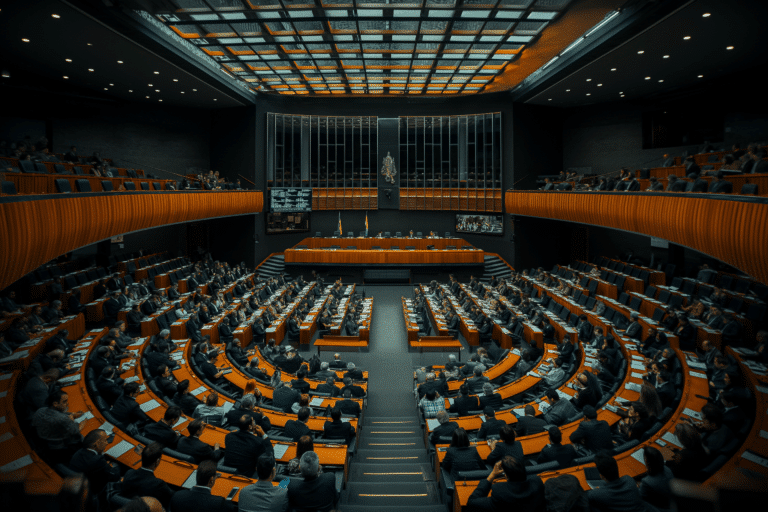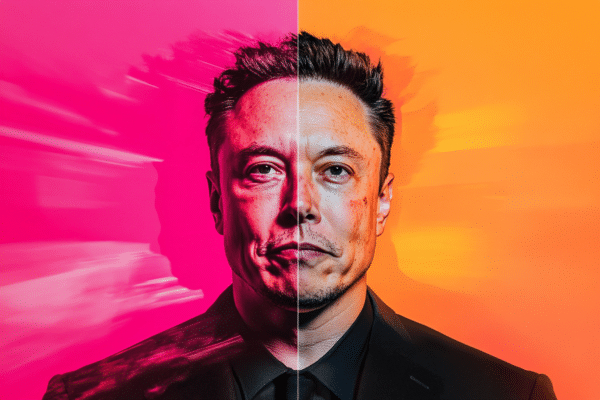Brazil faces a daunting challenge in its attempt to create a law regulating the use of artificial intelligence. Once again, the vote on Bill 2338/2023 has been postponed. The reason? Pressure from the country's National Confederation of Industry (CNI) on the Brazilian Senate.
This marks a new chapter in the history of this legislation, which entered the Senate two years ago and remains stalled without a vote. Last week, the CNI presented a technical report on the bill and opposed a regulatory model that could put Brazil at "risk of technological isolation" and negatively impact socio-economic conditions, according to Folha de São Paulo. Previously, the CNI labeled the bill as "the most restrictive in the world."
While the CNI has consistently expressed support for AI regulation, it has called for greater differentiation between scientific and technological development, as well as a more lenient control model for certain types of AI before their introduction to the Brazilian market. Another key issue has been user rights.
The Brazilian Senate is debating on multiple cardinal points. From the west, the hardline government faction demands strong pre-market controls. From the east, the Liberal Party (PL; bolsonarists) strategy involves packaging AI as a whole and challenging Lula's government on this matter. Turning the compass 90 degrees, we find big tech companies in the north, dismissing the presented bill, aligning with some PL sectors, and threatening to withhold investments and new data centers in the country if the bill is passed. Lastly, the CNI, representing the national tech industry, sees AI as an industrial development opportunity. They have been active in the debate, proposing that the law include intellectual property issues (suggesting that protected works be used with financial compensation, aligning with big techs, claiming that this could restrict the creation of a Portuguese AI model) and distinguishing the impact on small and medium-sized enterprises. They also noted that the bill overlaps with other brazilian laws such as the Consumer Defense Code and the General Data Protection Law.
As the debate continues, the brazilian Senate must balance these diverse interests and find a path forward for AI regulation that benefits the nation without stifling technological progress or economic growth. Finding a consensus on AI regulation is proving to be an intricate task for brazilians. Whether the bill will finally pass or continue to face obstacles remains to be seen. The outcome will shape Brazil's technological landscape and its position in the global AI arena.






